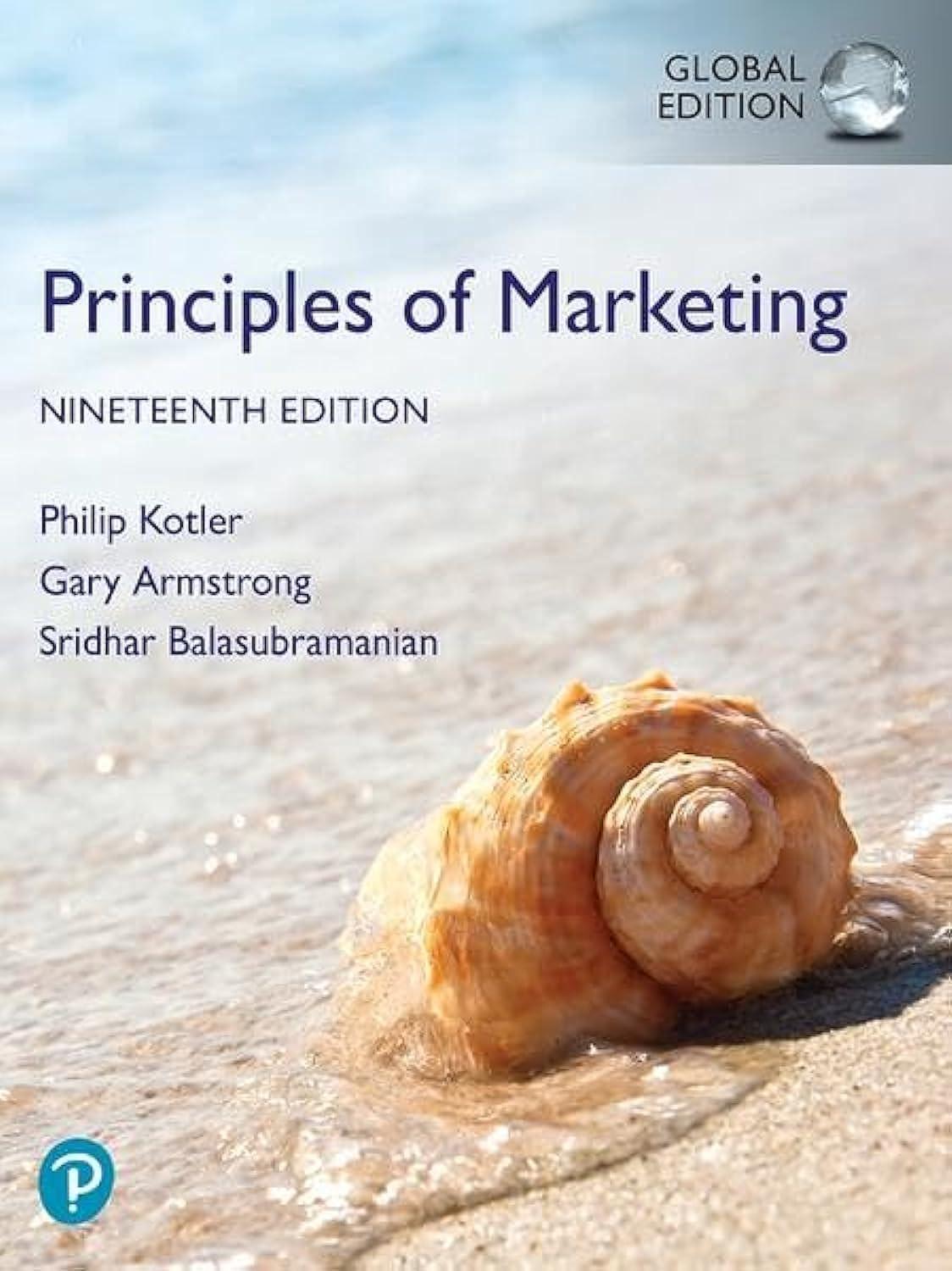Question
When most people think of sesame seeds, what comes to mind are those commonly found sprinkled on a hamburger bun or bagel. However, the founders
When most people think of sesame seeds, what comes to mind are those commonly found sprinkled on a hamburger bun or bagel. However, the founders of Seed+Mill had something a little different in mind. A business partnership of three women—a serial entrepreneur, former corporate lawyer, and a Stanford-Seed + Mill MBA—is an artisanal sesame stand in one of New York City's "food havens."
Chelsea Market, which attracts more than six million people a year.
If you've never heard of tahini or halvah, popular Middle Eastern staples, Seed+Mill has capitalized on both. Ground on site, tahini is a sesame butter spread made from natural sesame seed oils. The result is a delicious, beautifully rich and creamy product, considered a nut butter in the same way as peanut butter or almond butter. Tahini, along with sugar and fruits and nuts for flavor, is used to make 30 different flavors of halvah cakes that are similar to soft sesame sweets. The texture and flavor of halvah can be compared to the sweetness and flakiness found inside a Butterfinger chocolate bar. Seed+Mill's halvah is imported from Israel and made by small producers to the owners' specifications (often including butter to make it light and meltable).
The Seed+Mill story exemplifies the entrepreneurial spirit of people who started with a vision, a general idea of how to make their business a success, and then passionately pursued it. While on vacation in Israel, the inspiration for Seed+Mill came when Lisa Mendelson saw a group of Americans sampling halvah at an open-air market. This immediately brought back memories of her childhood: growing up and eating halva and tahini. Mendelson's vision was to take an ancient Middle Eastern food product and modernize it in the United States.
Fast forward a few years and add business partners, Rachel Simmons and Monica Molenaar, and Seed+Mill has become a reality. Mendelson identified a business opportunity and then allocated available resources (sesame seeds, business partners, suppliers, machinery, information, equipment, and a location) to take advantage of the U.S. market. Additionally, with e-commerce and the ability to connect with customers outside the scope of their Chelsea Market stall, customers in remote parts of the country are accessible through social media, the company website, Instagram and Facebook.
The characteristics of entrepreneurs described in this chapter are seen in Lisa, Rachel, and Monica. With the vision of building Seed+Mill into one of the best tahini and halvah brands, the partners, each with their own unique background and experience, bring optimism, creativity and self-confidence to the company, along with a passion for artisanal food products and their health benefits.
Inspired to create unique, healthy and delicious artisanal food products, the partners at Seed+Mill are determined to see tahini take its place as a staple in kitchens across the country and around the world. However, this effort will require educating customers about the versatility and health and nutritional benefits of tahini...what some have even called a superfood. Rachel explained that it's a great multipurpose ingredient that no one is using the way they can. She wants to see tahini on every table in America.
- Tahini and halvah were long considered peasant food, good for those who could not afford sweets containing expensive ingredients such as butter, white flour and sugar. Today, chefs are embracing old flavors and coming up with new treats, like multi-layered halvah, sesame ice creams made with tahini instead of butter. Based on this trend, what role will Seed+Mill play? What are your growth prospects, and tell us where you see the company in the next five years.
- If you were to start a food products business, how would you determine if there would be a need in the market? How did Seed+Mill partners determine if their products would fill a need in the market?
- What were some of the partners' considerations when choosing an idea for their new business? What would be some of your own considerations when choosing an idea for a new business?
- Based on the following, describe current demographic trends (and any others you can think of) that present opportunities for Seed+Mill:
A. Aging of the American population
B. Health benefits of tahini and halvah
C. America is more racially and ethnically diverse than in the past
D. Two-income families
E. Gastronomic and craft trends
F. New goods and services
G. Additional demographic trends
Step by Step Solution
3.44 Rating (160 Votes )
There are 3 Steps involved in it
Step: 1
SeedMill has positioned itself uniquely within the market by capitalizing on the rising interest in artisanal and healthconscious food products The partners identified several key factors that contrib...
Get Instant Access to Expert-Tailored Solutions
See step-by-step solutions with expert insights and AI powered tools for academic success
Step: 2

Step: 3

Ace Your Homework with AI
Get the answers you need in no time with our AI-driven, step-by-step assistance
Get Started


